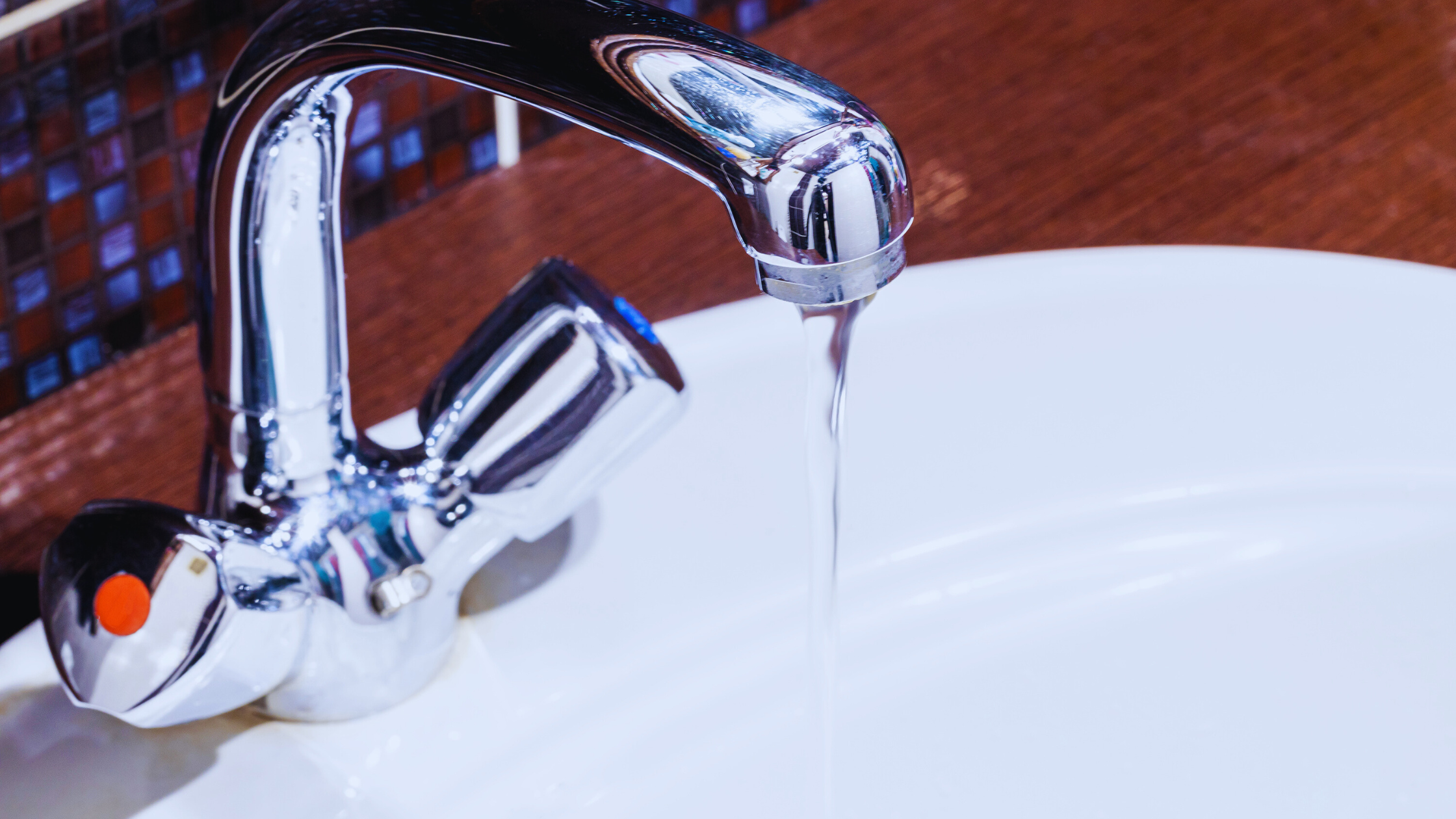
Dealing with low water pressure can be frustrating, especially when you’re trying to wash the dishes, take a shower, or simply get things done around the house. Fortunately, most low water pressure issues can be resolved with the right approach. Before you pick up the phone to call a Medford NJ plumber or schedule a service, here’s what you can do to identify and address the problem.
Common Causes of Low Water Pressure
To tackle low water pressure, it’s essential to first understand what might be causing the issue. Below are the most common culprits homeowners face:
1. Clogged Pipes or Faucets
Over time, mineral deposits, rust, or debris can clog pipes and faucets, leading to reduced water flow. If only one faucet or fixture is affected, this is a likely cause.
What to Do
- Remove the faucet or showerhead and soak it in vinegar to dissolve buildup.
- Call a professional plumber to inspect and clear the pipes if the issue persists.
2. Problems with Your Water Heater
If you’re only experiencing low pressure in your hot water, your water heater may be to blame. This could be due to sediment buildup in the tank, faulty components, or an undersized unit.
What to Do
- Check your water heater for leaks or strange noises.
- If your water heater is old or struggling to keep up with demand, consider consulting a professional for water heater installation in NJ.
3. Main Water Supply Issues
Sometimes, the issue doesn’t start inside your home but rather with your water supplier. A disruption in the main water supply or ongoing municipal work can temporarily lower your water pressure.
What to Do
- Contact your local water supplier to see if there’s maintenance underway.
- If neighbors are also affected, it’s likely a supply issue and not a plumbing problem in your home.
4. Leaks in Your Plumbing System
Even small leaks in your plumbing system can cause a drop in water pressure. These leaks might not always be visible, so pay close attention to your water bills or signs of moisture around your home.
What to Do
- Check for damp spots, unexplained puddles, or mold growth.
- Have a licensed Medford NJ plumber inspect your home’s plumbing for leaks.
5. Old Plumbing Fixtures
Older fixtures might not provide the same water flow as modern, efficient ones. This could significantly contribute to the low water pressure.
What to Do
- Upgrade your faucets, fixtures, and showerheads to modern, efficient alternatives.
- Work with a professional plumber to ensure proper installation.
6. Faulty Pressure Regulator
A broken or malfunctioning pressure regulator can affect your entire home’s water pressure.
What to Do
- Test the pressure with a pressure gauge to ensure it falls within the normal range (40-60 psi).
- If the reading is off, replace the pressure regulator with the help of a plumber.
When to Call a Professional
While some low water pressure issues can be resolved with DIY fixes, others require professional expertise. If you’ve tried these solutions without success or suspect a more serious problem like a leak or faulty water heater, it’s time to call the experts.
At Krise Services, we specialize in solving complex plumbing challenges, from water heater installation in NJ to troubleshooting low water pressure issues. Our team of licensed Medford NJ plumbers is equipped with the tools and experience to quickly diagnose and fix any issues, so you can get back to enjoying your home.
